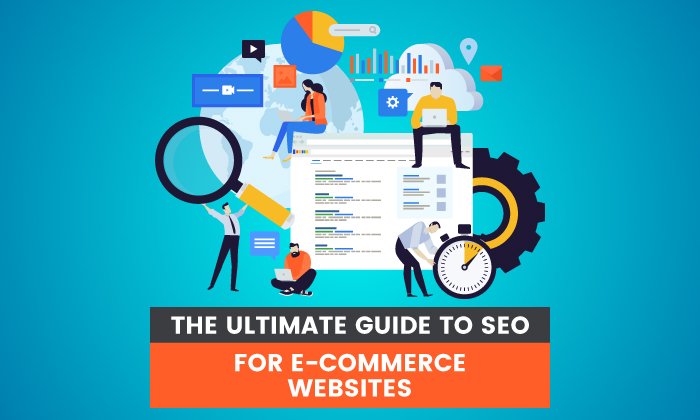Understanding SEO and e-commerce
These days, lots of people use search engines for shopping, whether they’re in the early stages of research or they’re ready to buy something right now. Whatever stage of the buying process they’re in, if you sell the products that they’re searching for, you’re going to want to be found. And there are a few different things to consider that are specific to E-commerce websites that can help a search engine match your pages to the intent of people’s search queries. First and foremost, remember that everything that applies to normal content also applies to E-commerce pages. The common best practices around website linking structures, external links, and on-page optimization are all very important.
But in an era where search engines want to explicitly identify content at the most granular level of detail that they can, we want to make sure that search engines are very clear that your E-commerce content is exactly that. Beyond the typical HTML code that’s found on your web pages, you can use very specific metadata to help identify your content as E-commerce content and describe the products that you’re offering. But even before you put in place those technical components, it’s still as important as ever to know what keywords your potential customers are typing into search engines.
Make sure to analyze your keyword research to determine what intent people have when using certain keywords and what content they’re looking for. If you find that people are searching for comparisons between you and your competitors, then you might consider building content specific to that need. For those typing in keywords that indicate they’re further down in the purchasing process like by product X or product Y coupon, well, you’ll want to ensure that the content you’re creating contains an easy path to the shopping cart. One more thing that’s unique to E-commerce is that the products that you sell are often being discussed outside the bounds of your own website.
You can find discussions and reviews on forums, social media, or other websites about the products that you sell. And these can be great opportunities to jump into the conversation as a knowledgeable expert. If someone is posting a review of their experience with you, you can use things like Google Alerts or social media monitoring tools to make sure you are aware of it, and good or bad, it’s an opportunity for you to listen and join the conversation. If people are expressing negative feelings about you or your product, you can reach out to them and resolve the situation in the public eye.
And if people are saying good things about your products, reach out and say, thank you. It might even lead to social media activity that ends up building links or a user-generated content for you. All of these public mediums are seen by search engines, as well as people, and you can gain some very tangible benefits from both.






